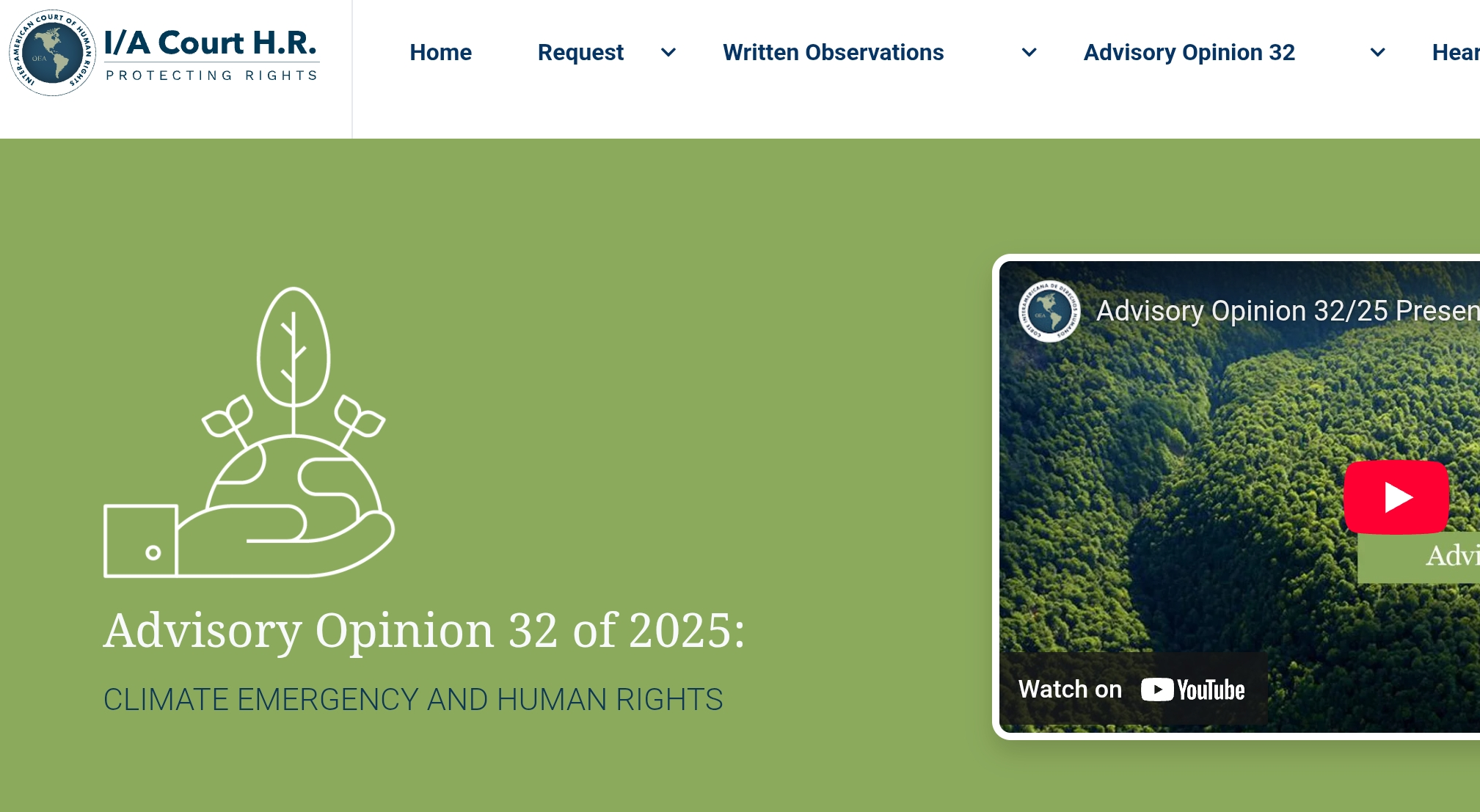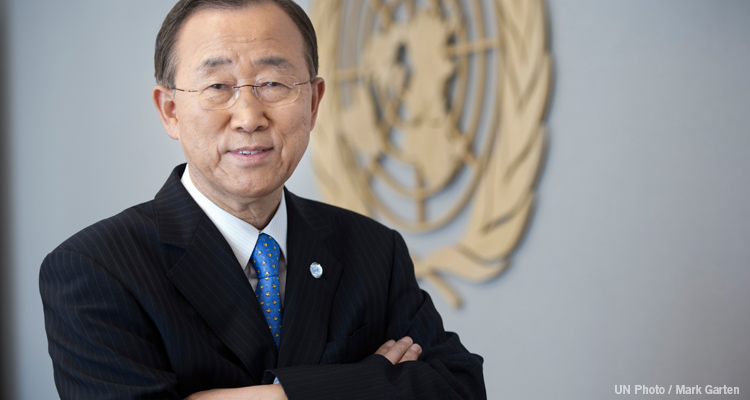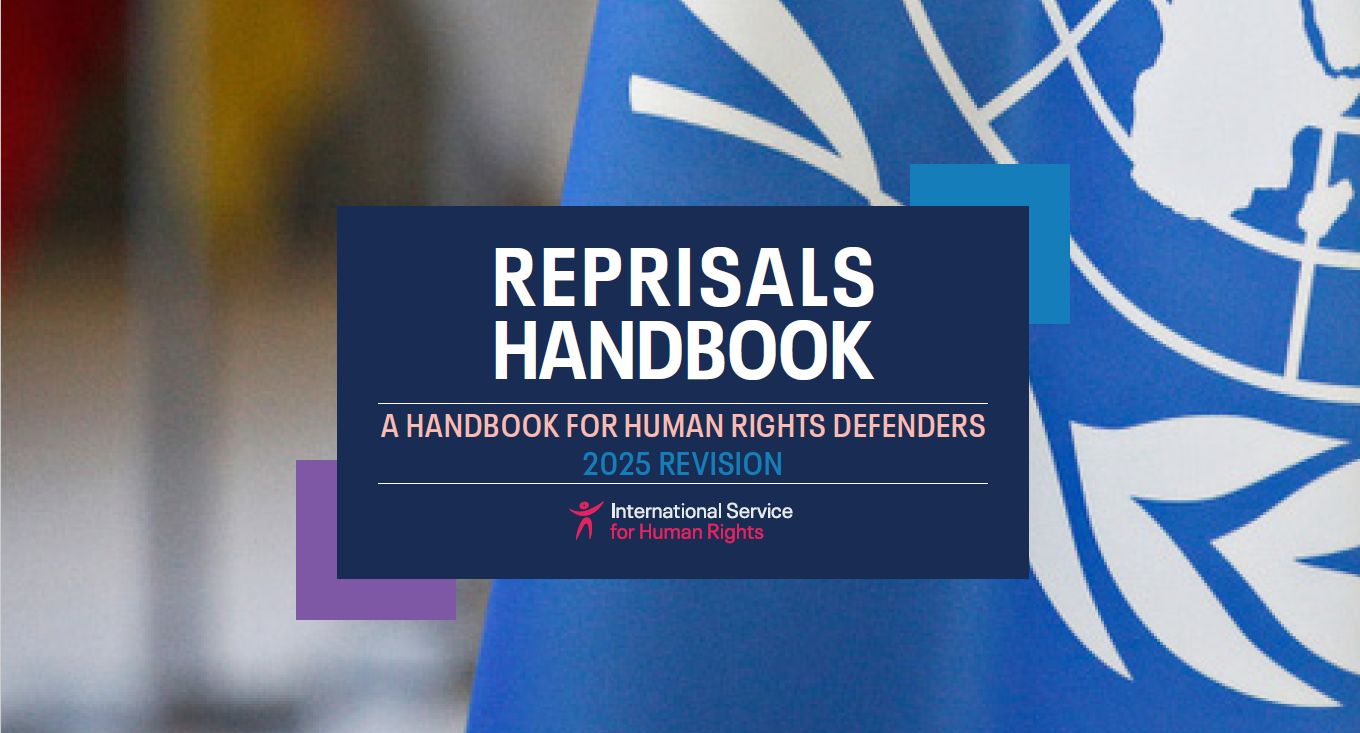The Secretary General of the United Nations, Ban Ki-moon, yesterday unveiled a much-needed initiative to help combat the growing problem of governments preventing human rights defenders from engaging with the UN or punishing and even imprisoning them when they do so.
Assistant Secretary General, Andrew Gilmour, will be given a special mandate to receive, consider and respond to allegations of intimidation and reprisals against human rights defenders and other civil society actors engaging with the UN.
ISHR’s legal counsel, Madeleine Sinclair, praised the announcement.
‘This is an extremely welcome development. The ability of people or organisations to provide evidence or submit information or complaints to the UN is not a privilege – it is a fundamental right enshrined in the UN Declaration on Human Rights Defenders and it must be protected,’ said Ms Sinclair.
In announcing the appointment during what is likely to be his last visit to Geneva as Secretary-General, Mr Ban said he was deeply alarmed about the growing number of reprisals and hoped the initiative will help put a stop to all intimidation and reprisals against those cooperating with the United Nations on human rights.
‘These courageous individuals are often our only eyes and ears in extremely tough environments – and we owe them our best possible support,’ said Mr Ban.
‘I have decided, in consultation with the High Commissioner for Human Rights, to designate my new Assistant Secretary-General for Human Rights, Mr. Andrew Gilmour, to lead our efforts within the UN system to put a stop to all intimidation and reprisals against those cooperating with the United Nations on human rights,’ said Mr Ban.
ISHR and other organisations have been advocating for years for the UN to do more to address the issue of reprisals against those who cooperate with the UN. The high-level appointment is part of the Secretary-General’s recent pledge to up the ante throughout the UN when it comes to responding to non-cooperation with the UN.
Ms Sinclair said having the Secretary-General designate someone this senior within the UN with this brief is an important move.
‘We hope this means governments will feel compelled to respond when confronted with allegations of reprisals. We know from the very fact that reprisals occur, that the UN human rights system has an impact – otherwise regressive states wouldn’t be seeking to prevent access or stymie cooperation with the UN. That being said, its effectiveness and credibility is severely hampered when those who engage with it are threatened and attacked. The UN simply cannot function properly without direct engagement from human rights defenders as the UN system relies heavily on evidence and advice from the ground,’ said Ms Sinclair.
A recent report by the SG shows that reprisals take many forms, including travel bans, the issuance of arrest warrants on terrorism charges, detention and torture, surveillance, death threats, attempts to frame activists for criminal acts, defamation, and intimidation.
In several cases defenders are tarnished as ‘terrorists’ or ‘traitors’, contributing to perceptions that engagement with the UN is an act of betrayal. In some cases reprisals have led to individuals fleeing their country, in others, to death.
Mr. Gilmour has been designated to lead the UN’s efforts to put a stop to all intimidation and reprisals against those cooperating with the United Nations on human rights.
‘This should include reviewing the UN’s current practices and identifying how institutionally it can have a more impactful response to reprisals,’ said Ms Sinclair.
ISHR Board member and Co-Director of the Gulf Center for Human Rights, Maryam Alkhawaja, said a lack of investigation or accountability for reprisals licenses further and worsening acts of reprisal.
‘It is imperative that the UN acts early and acts effectively in response to reprisals against defenders, ensuring that people who have already put themselves, and at times their families, at risk to cooperate with the UN can continue to do so. Reporting to the UN should never come at the price of personal freedoms,’ said Ms Alkhawaja.
Omar Faruk Osman, Secretary General of the National Union of Somali Journalists said the appointment of a high-level official with a commitment to combating reprisals will increase the political risk and cost of perpetrating reprisals.
‘I know from first-hand experience that when senior officials such as UN Special Rapporteurs speak out against the harassment of a defender, a country will think twice about continuing such harassment.’
Earlier this year, a group of Special Rapporteurs spoke out against the harassment of Osman after he submitted a complaint about violations of freedom of association in Somalia to the ILO.




